Meta's brain-reading EMG band and leaked smartwatch would be a perfect match
We've heard years of reports Meta wants to make a smartwatch. If it combined its watch with its EMG band, it would be a game-changer.


In this weekly column, Android Central Wearables Editor Michael Hicks talks about the world of wearables, apps, and fitness tech related to running and health, in his quest to get faster and more fit.
Everyone who watched Meta Connect was understandably excited by the Orion AR glasses prototype. Still, its most consumer-ready feature had nothing to do with glasses themselves; it's the electromyography (EMG) band controller for reading neural signals that I expect to see soon on store shelves or in Quest boxes.
Meta's EMG tech is too good to be a mere accessory, though; it should be the centerpiece for a Meta watch or tracker. And we already have evidence Meta is working on a watch.
Anyone who heard Mark Zuckerberg say on stage that Meta's EMG band allows you to "send a signal from your brain to the device" via a "neural interface" may have gotten visions of some creepy mind-reading tech, but it's fairly straightforward.
Right now, a smartwatch like the Galaxy Watch 7 can detect hand gestures like double taps or fists by using the HR monitor and accelerometer/ gyroscope. A VR headset (like the new Quest 3S) or AR glasses use computer vision to interpret pinch gestures for hand-tracking controls. Either way, you get missed inputs or false positives.
An EMG band cuts out the visual or tactile middleman. If you make a pinching gesture, your brain sends a neural signal to your hands to trigger this. The band perceives that you're pinching your fingers even if they barely move, so tracking errors are unlikely and you don't have to exaggerate the motion.
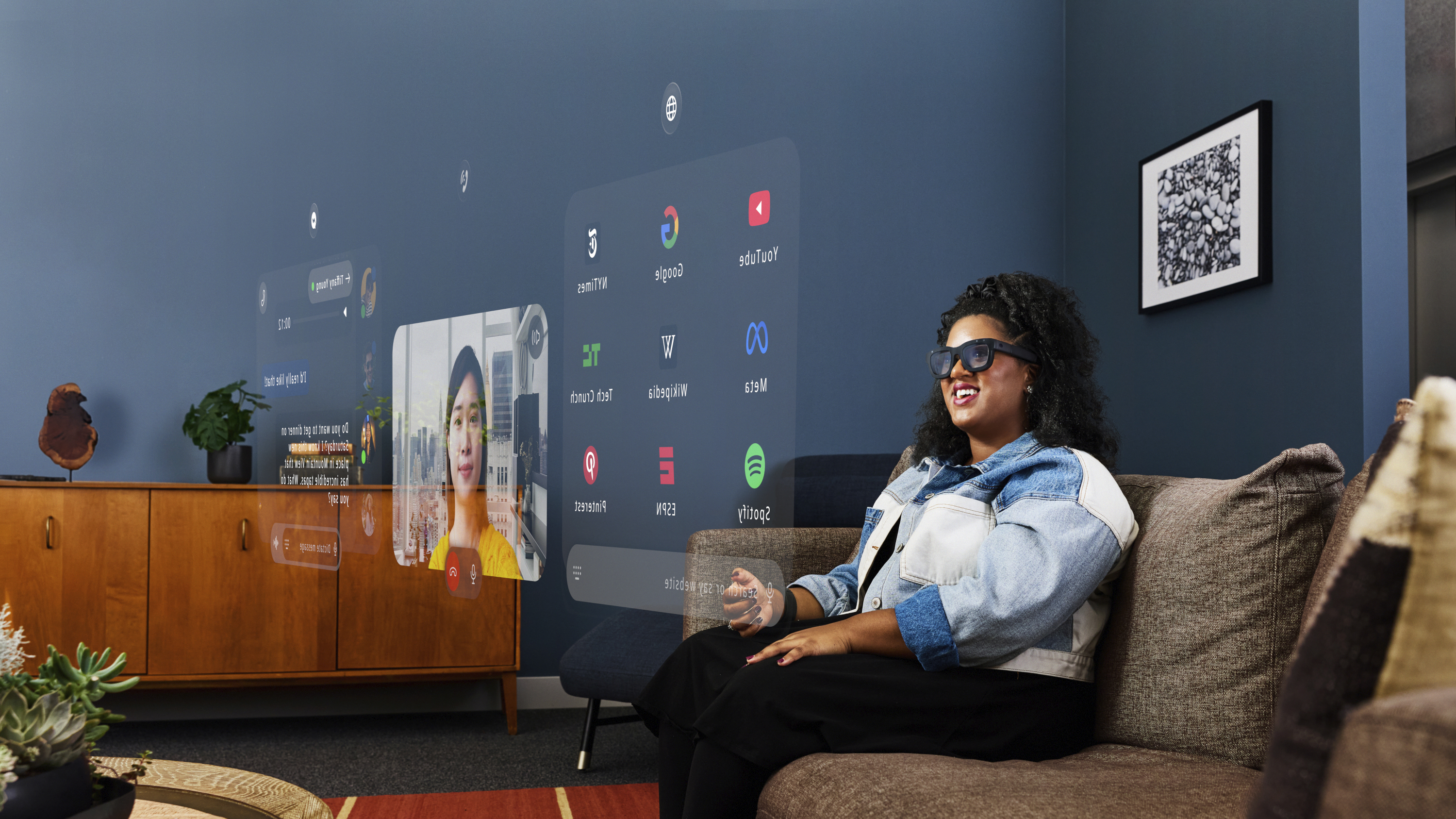
It worked perfectly well in our hands-on Orion glasses demo, proving EMG isn't just some gimmick. And there's no actual brain reading required; it just reads the neural signals in your arm.
Samsung and Apple love using gestures to make their smartwatches look futuristic and accessible, but I rarely use them on my Galaxy Watch Ultra because elaborate fist- or wrist-shaking to dismiss calls or open apps feels a bit too finicky and annoying to remember.
Be an expert in 5 minutes
Get the latest news from Android Central, your trusted companion in the world of Android
A Meta smartwatch with the right EMG shortcuts would make the big watch brands look amateurish, and allow subtler shortcuts that wouldn't feel as awkward.
Such a watch could offer other sensors besides electromyography, too. I've thought for years that Meta needs to make a fitness tracker, given how popular Quest headsets are for fitness. Quest headsets guess vaguely how many calories you've burned based on head and arm movements, but actual heart rate data viewable in-headset during exercise routines would be fantastic. Or imagine if these exercise games could use your live HR data to decide to make the tempo harder or easier.
The big question, of course, is software. Meta has plenty of iPhone-using fans and has a contentious relationship with Google over XR software; a Wear OS watch is unlikely, in other words. So would a Meta wearable OS without serious mobile integration and third-party apps be viable? Can it catch up for both traditional smarts and fitness training plans to compete in a crowded market?
I don't have the answer to those questions, but I know Meta has been working on smartwatch tech on and off for years.
The canceled, revived Meta smartwatch
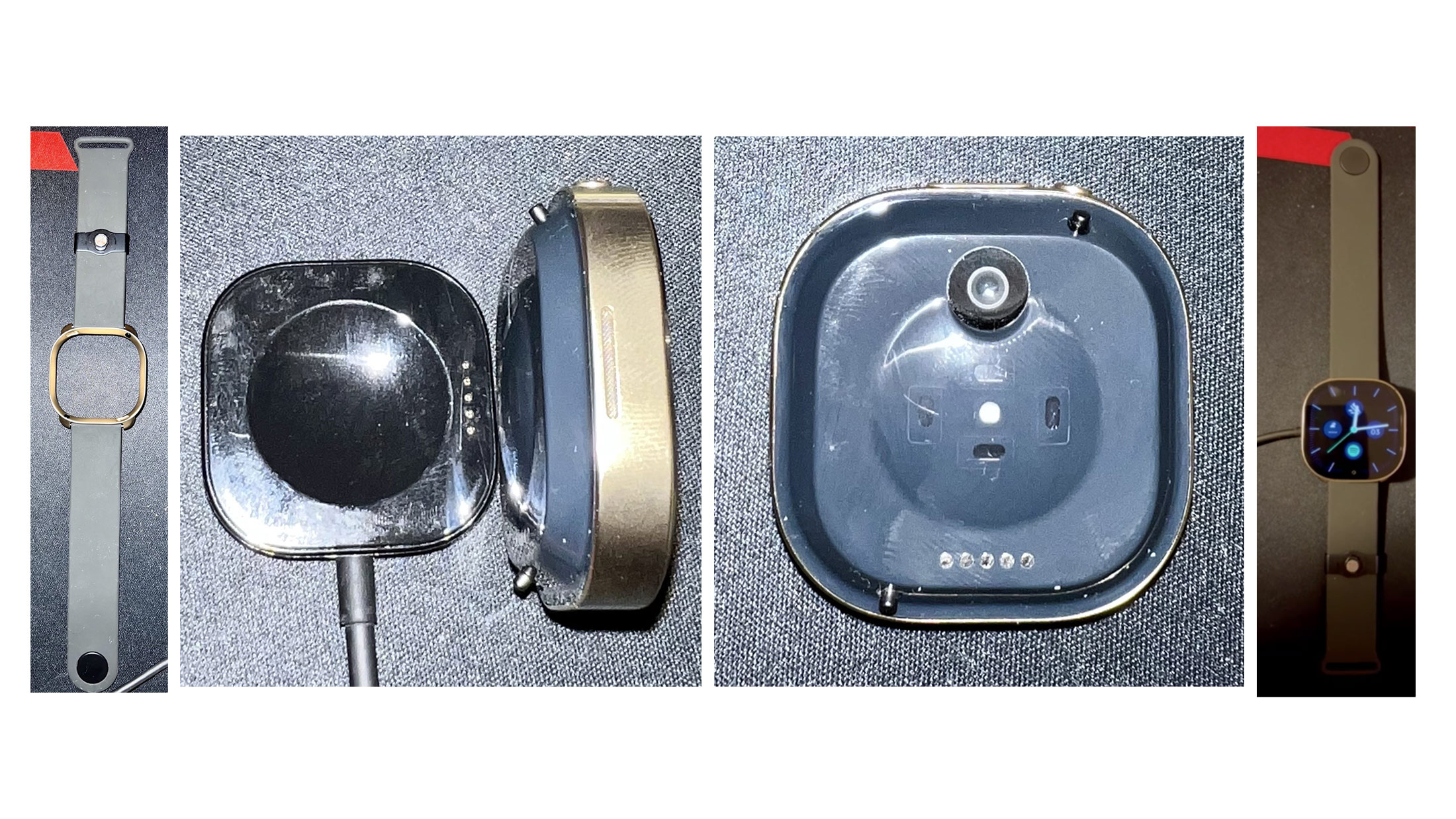
Back in 2022, Meta canceled its first Project Milan smartwatch prototype. A Bloomberg report revealed that the watch lasted 18 hours per charge, had a 5MP camera mounted to the watch face, and a 12MP camera built into the bottom that you could use by detaching the watch face.
It had Wi-Fi, LTE, and GPS tracking, as well as "daily activity tracking, workouts, the photo gallery, heart rate monitoring, calendar, settings, and breathing." It had popular Meta apps like Instagram and WhatsApp built in, and cost $349.
Allegedly, the biggest hang-up Meta had with this prototype was that the bottom camera "caused issues with another feature for translating nerve signals from the wrist into digital commands." In other words, Meta killed the whole project because the EMG tech didn't work with the design.
According to The Verge, Meta began working on two new smartwatch prototypes that year. But by November 2022, the company killed both designs and its Portal smart displays while laying off 11,000 employees.
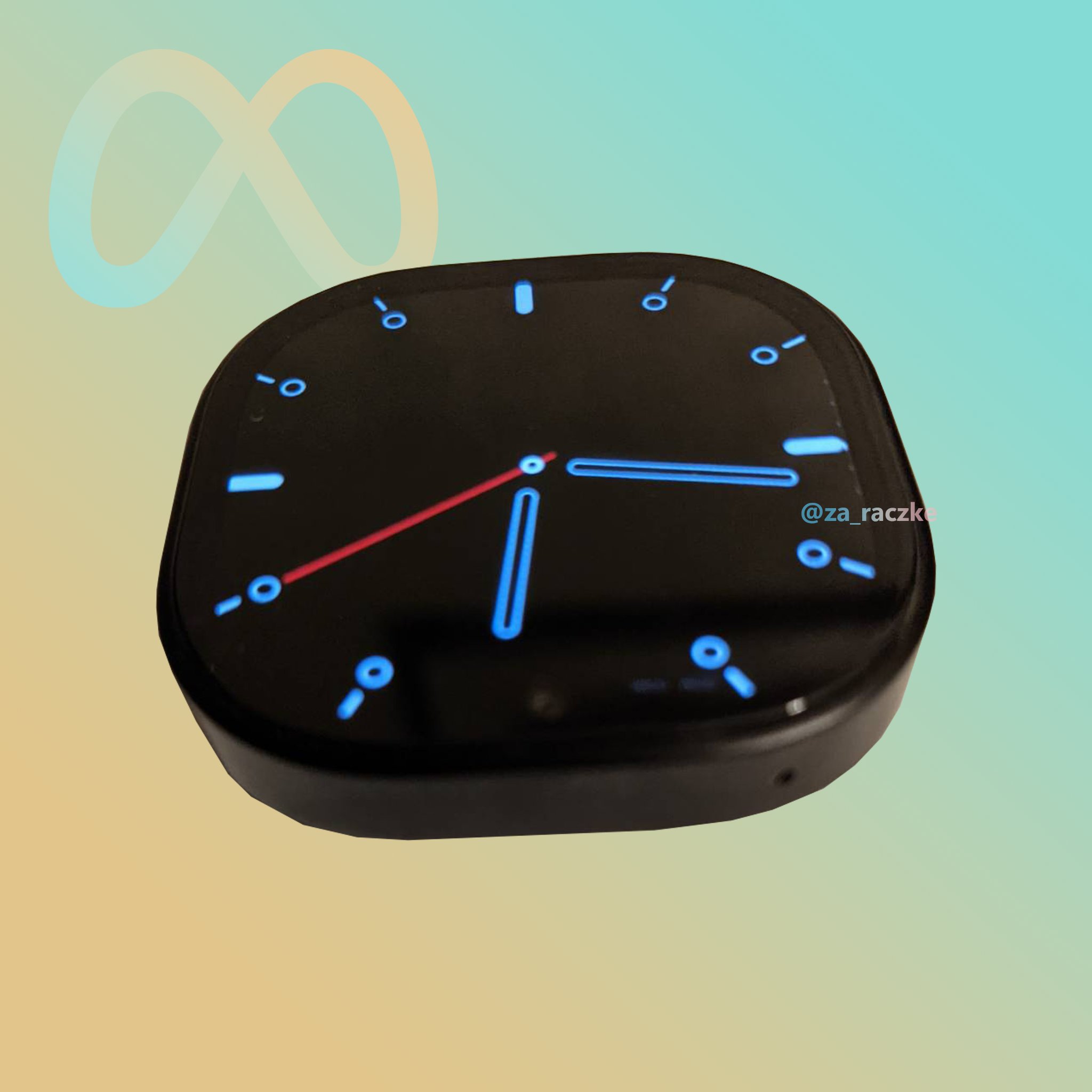
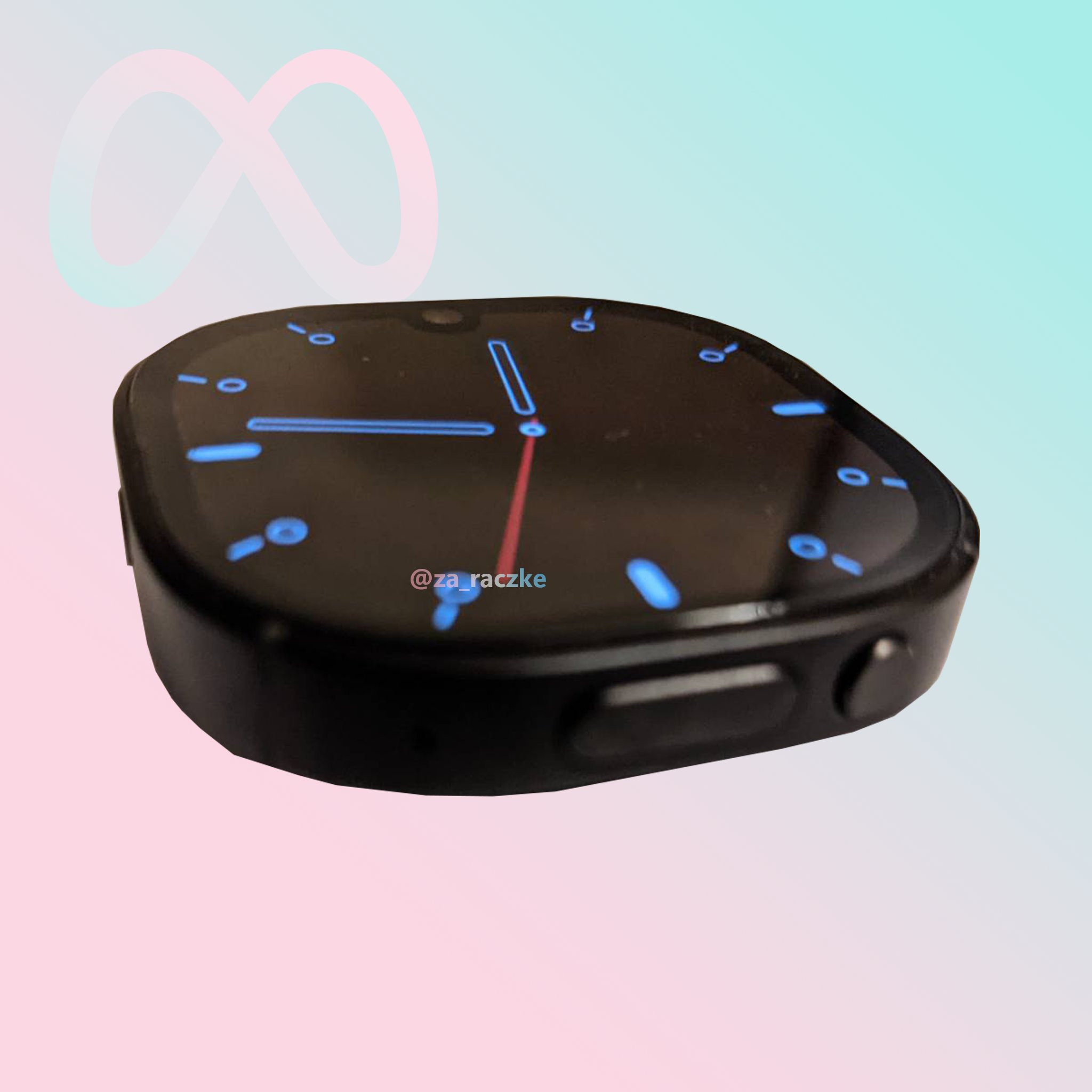
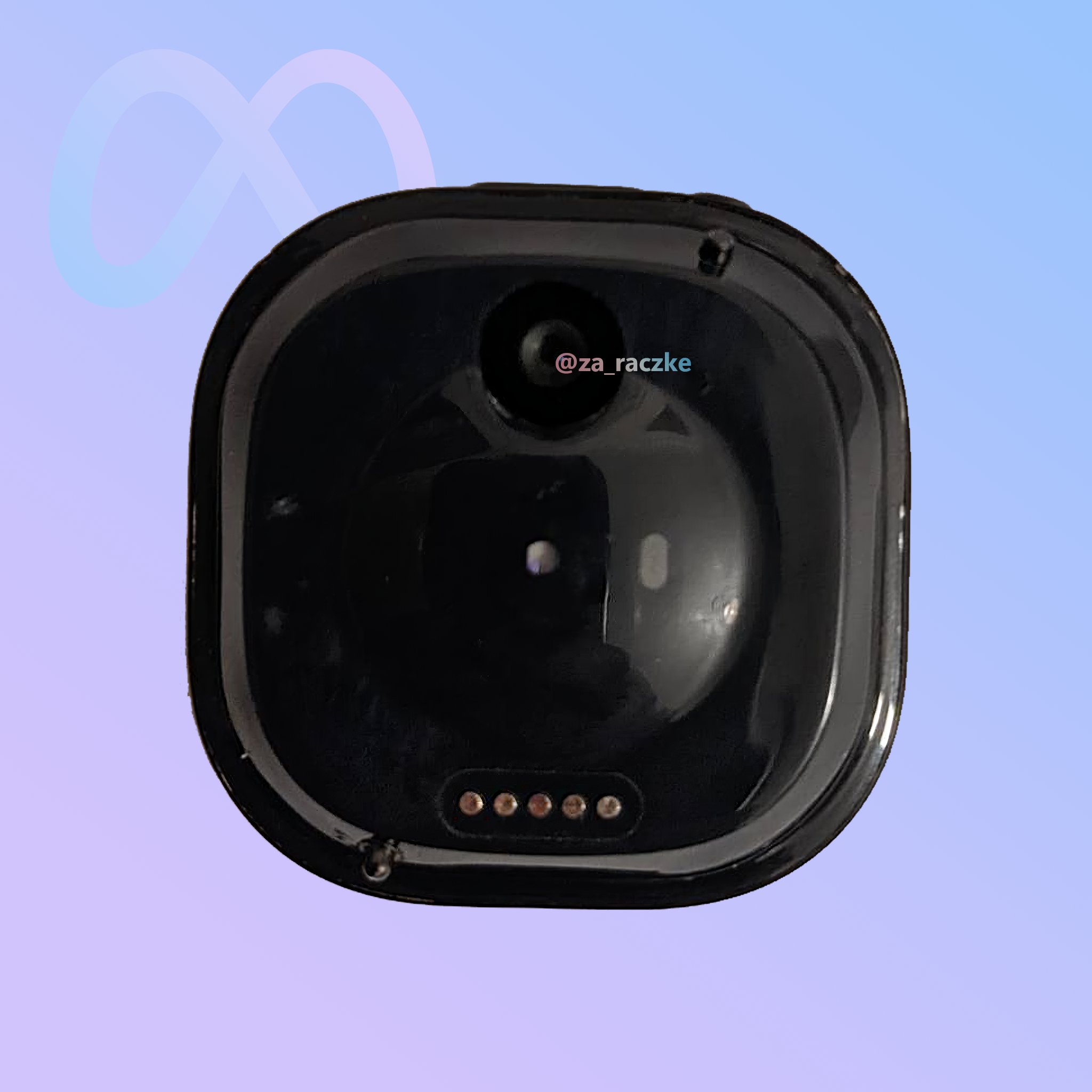
The following year, we learned from tipster Kamila Wojciechowski that Meta had allegedly restarted in-house smartwatch development, using Android software (not Wear OS) and a Qualcomm CPU. The new design had some sensor changes, but may have kept the detachable watch face for taking photos.
After that, it was mostly radio silence from Meta on the smartwatch front; instead, Zuckerberg bragged about their new EMG band in a 2024 podcast, saying it would be "in a product in the next few years."
But last month, leaker Evan Blass posted on X a list of Meta Quest project codenames, and said a source claimed one "may be a watch, I'm told -- the follow up to a killed model codenamed Milan -- while the Vegas are tipped as two generations of budget Quest headsets." The Vega 1 and 2 did turn out to be the 128GB and 256GB Meta Quest 3S, giving this some legitimacy.

My colleague Nick Sutrich asked the Meta Orion team about the possibility of the EMG tech appearing in a smartwatch design, particularly one with fitness capabilities.
"Right now our focus is on using MEG technology for wearables like smart and AR glasses, but it has the potential to be the best way to control any device," they answered.
That puts a bit of a damper on my hopes of an EMG-powered smartwatch in the near future. At the moment, The Verge's sources claim that Meta "will start selling [the EMG band] soon," but for another AR glasses prototype called Hypernova.
Still, if Meta really is working on a new smartwatch, I wouldn't be at all surprised if the EMG band would be its way of standing out from the pack, more than cameras that couldn't take high-res, on-the-go photos as well as Meta's own Ray-Ban glasses (or any smartphone).
The EMG band can still be a standalone controller for smart glasses, but paired with watch tech, it would help Meta start to form its own family of devices like other big tech brands offer.

Michael is Android Central's resident expert on wearables and fitness. Before joining Android Central, he freelanced for years at Techradar, Wareable, Windows Central, and Digital Trends. Channeling his love of running, he established himself as an expert on fitness watches, testing and reviewing models from Garmin, Fitbit, Samsung, Apple, COROS, Polar, Amazfit, Suunto, and more.
You must confirm your public display name before commenting
Please logout and then login again, you will then be prompted to enter your display name.
